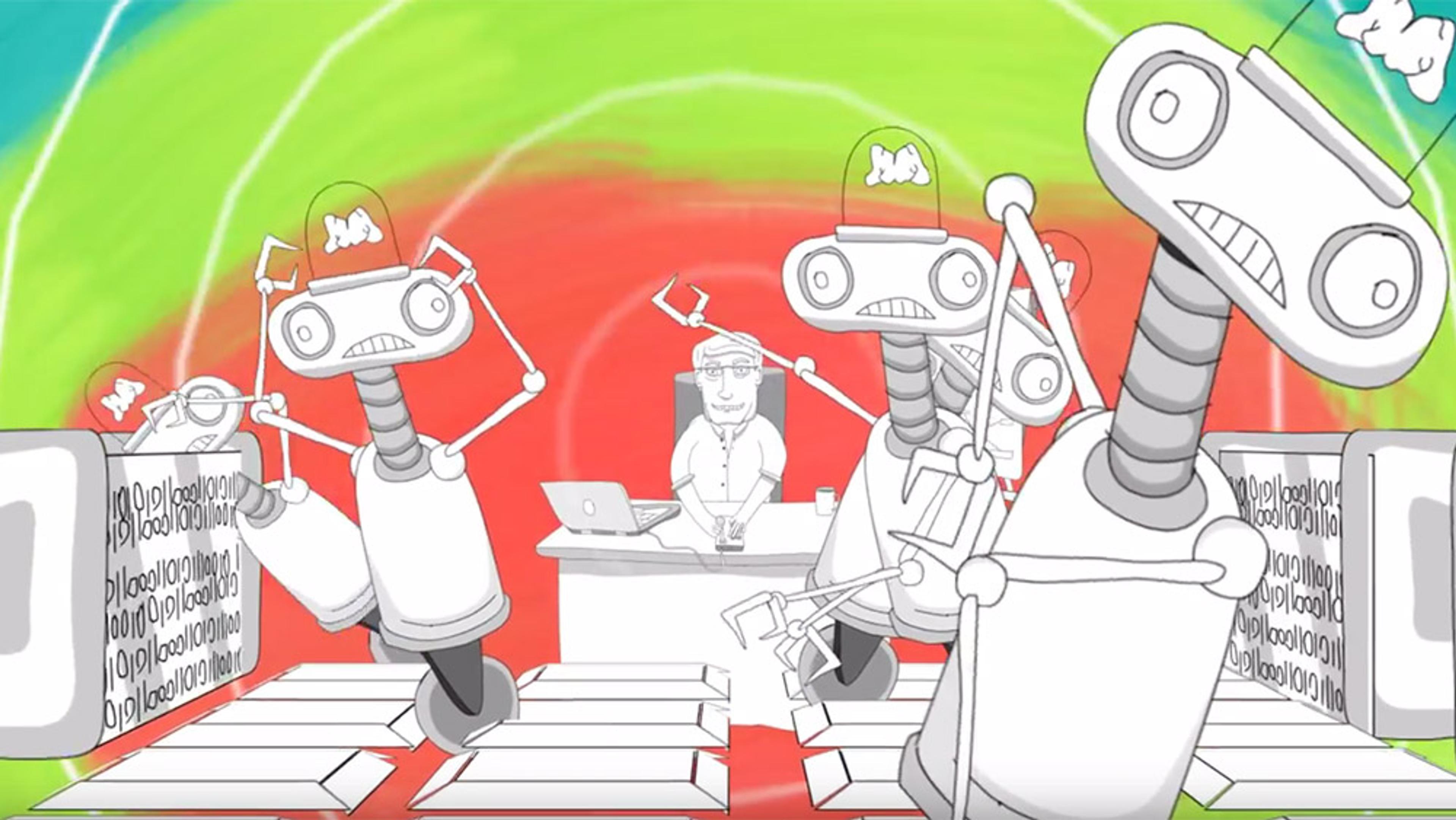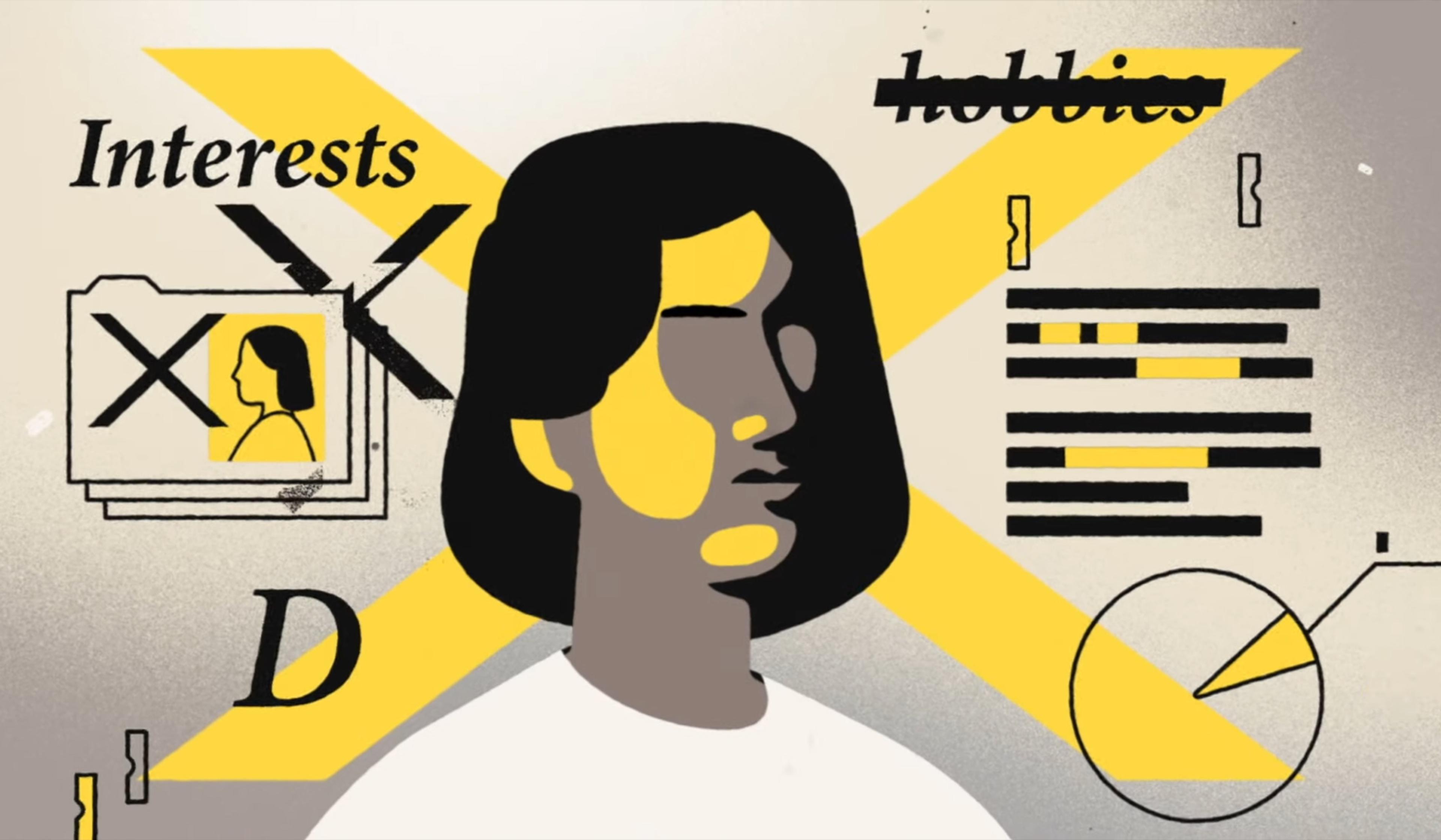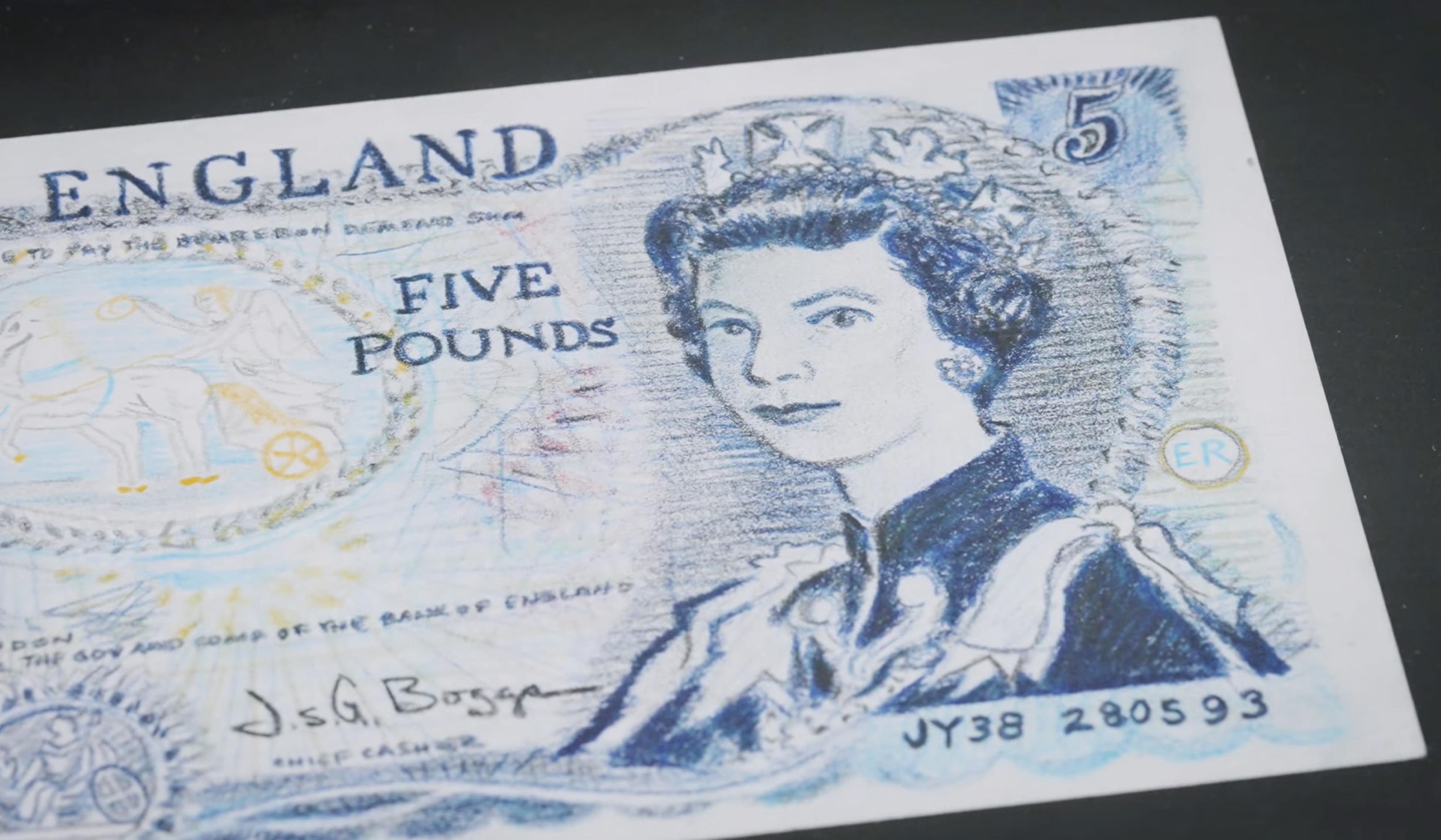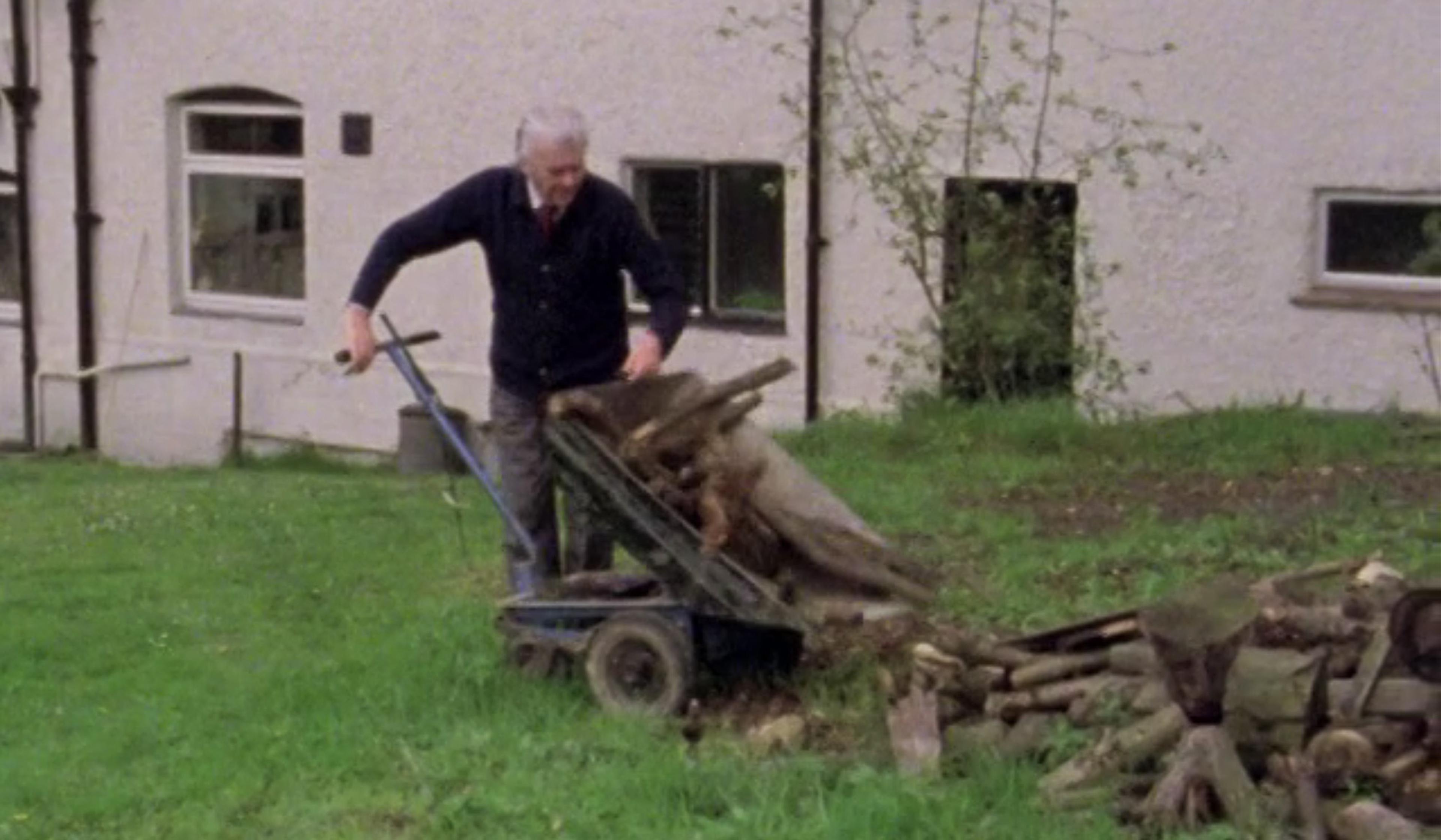The Welsh-born manufacturer and social reformer Robert Owen (1771-1858) was a quintessential capitalist success story, having risen from modest origins to become a wealthy textile manufacturer in Scotland. However, he grew to reject the dehumanising excesses of the system that had ushered in his fortune, writing that Britain’s monetary structure ‘has made man ignorant; placed him in opposition to his fellows; engendered fraud and deceit; blindly urged him forward to create but deprived him of the wisdom of joy’. This led Owen to devise an audacious plan to recentre the financial system around ingenuity, community and justice.
Introduced in 1832, the radical idea was called the National Equitable Labour Exchange – a system of currency built on the idea that labour is the source of all wealth, and that goods should be bought and sold based on the time it took labourers to produce it. While the Exchange lasted only a few years, the idealistic project helped to lay the groundwork for some of Owen’s more successful later reforms, such as shorter working days, with the ultimate goal of a workday based on the principle of ‘eight hours labour, eight hours recreation, eight hours rest’. This brief video essay is part of a British Museum series in which curators examine objects of interest in their collections. Ben Alsop, curator of the museum’s Money Gallery, inspects a note issued by the Equitable Labour Exchange representing an hour of work.








